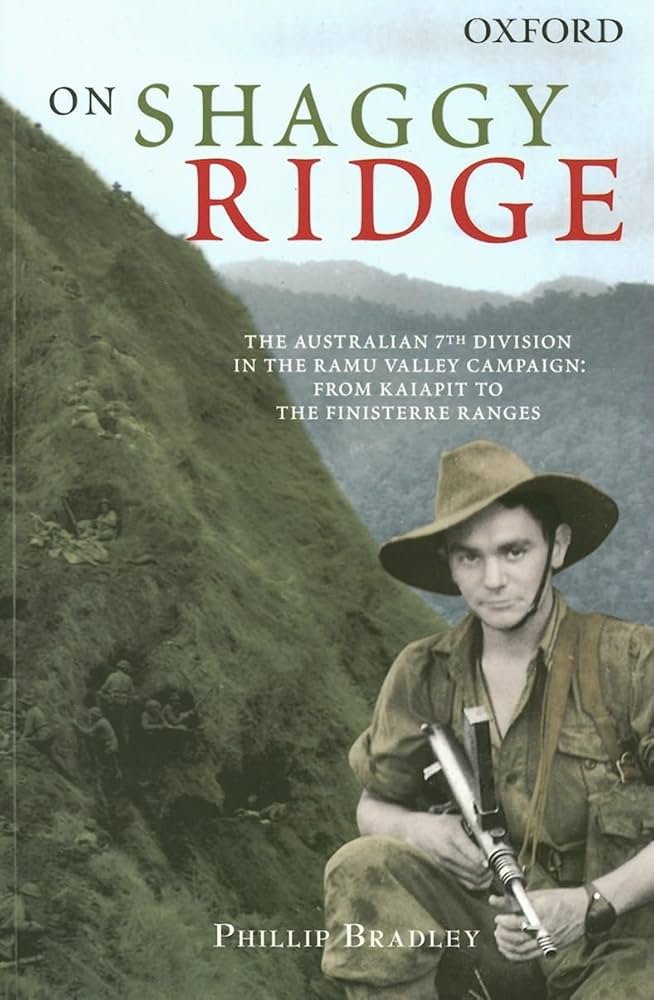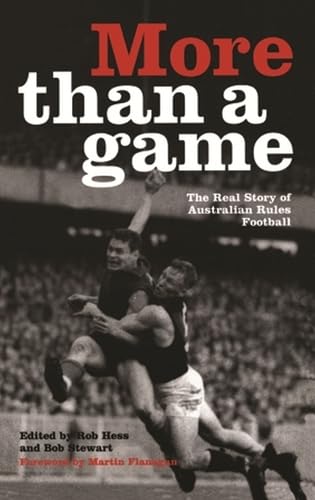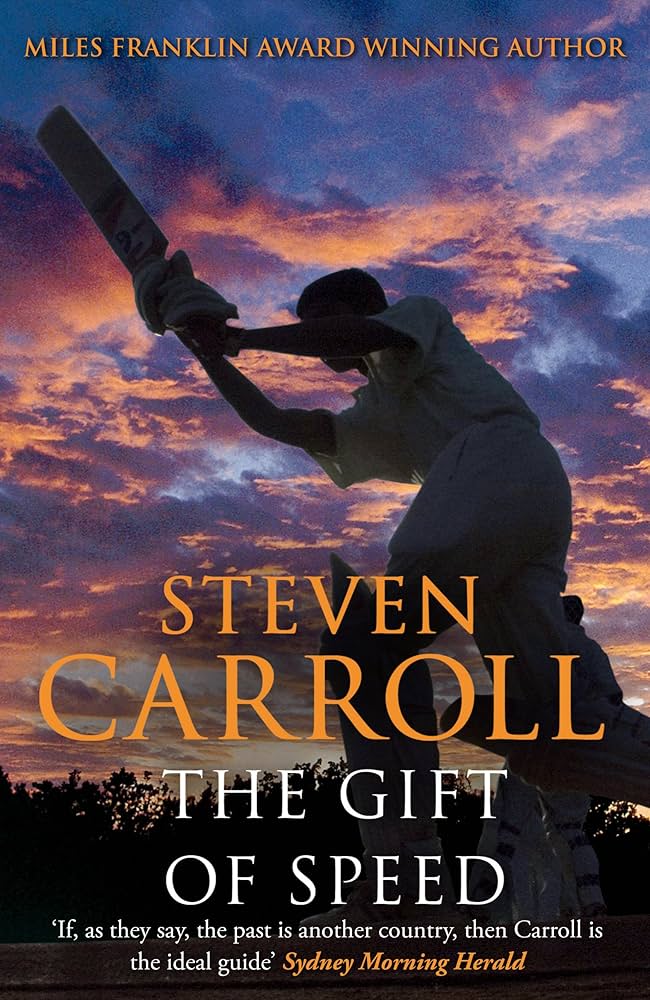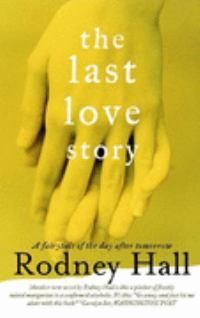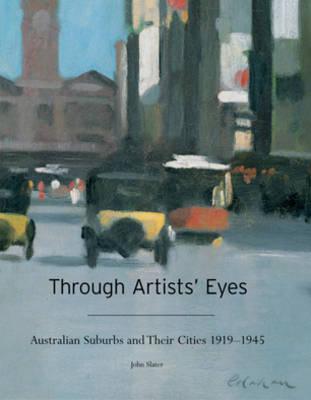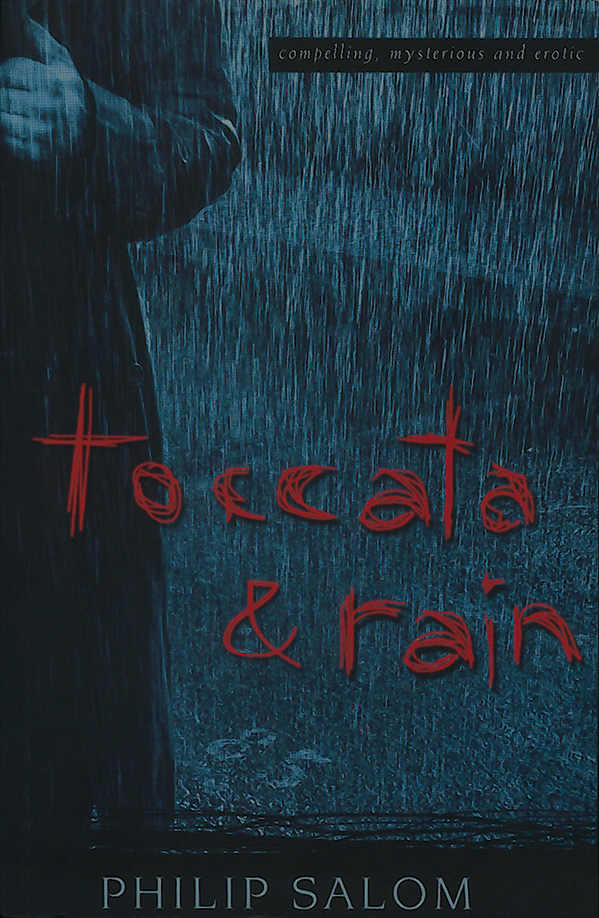Archive
On Shaggy Ridge by Phillip Bradley & Kokoda by Peter FitzSimons
More Than a Game: The real story of the Australian Rules Football edited by Rob Hess and Bob Stewart
The Europeans in Australia: Volume Two: Democracy by Alan Atkinson
Defamation is easy. Australia has any number of good defamation lawyers who will ‘legal’ a manuscript if you pay them enough. But if your manuscript threatens to transgress the National Secrets Act, you are on much shakier ground. Axis of Deceit, Andrew Wilkie’s ‘story of the intelligence officer who risked all to tell the truth about WMD and Iraq’, was always going to be hot. Our investigations didn’t turn up a single Melbourne lawyer who could advise us if we had crossed the line, so we asked David Wright-Neville, a Monash academic and ex-spook (like Wilkie, he had been an analyst at the Office of National Assessments, Australia’s peak intelligence agency), to check the manuscript. He read it thoughtfully and suggested chopping a dozen or so offending passages, which was acceptable to both Wilkie and Black Inc.
... (read more)Visiting Shirley Hazzard in Italy is like entering a Hazzard novel. She lives in an apartment within the grounds of a splendid villa at Posillipo. The rooms are cool against the summer sun, and when you step onto her terrace the vista and the light are dazzling. Scarlet bougainvillea falls in twisted festoons. From the terrace, she surveys the breathtaking scope of the Bay of Naples. To the left, the shadowy silhouette of Vesuvius. The long cluttered arch of the Neapolitan littoral holds the blue bay in its stretch. The Sorrentine peninsula seals off the southern edge, and out on the fringe, a blue punctuation, the island of Capri, where Hazzard also maintains a house.
... (read more)
